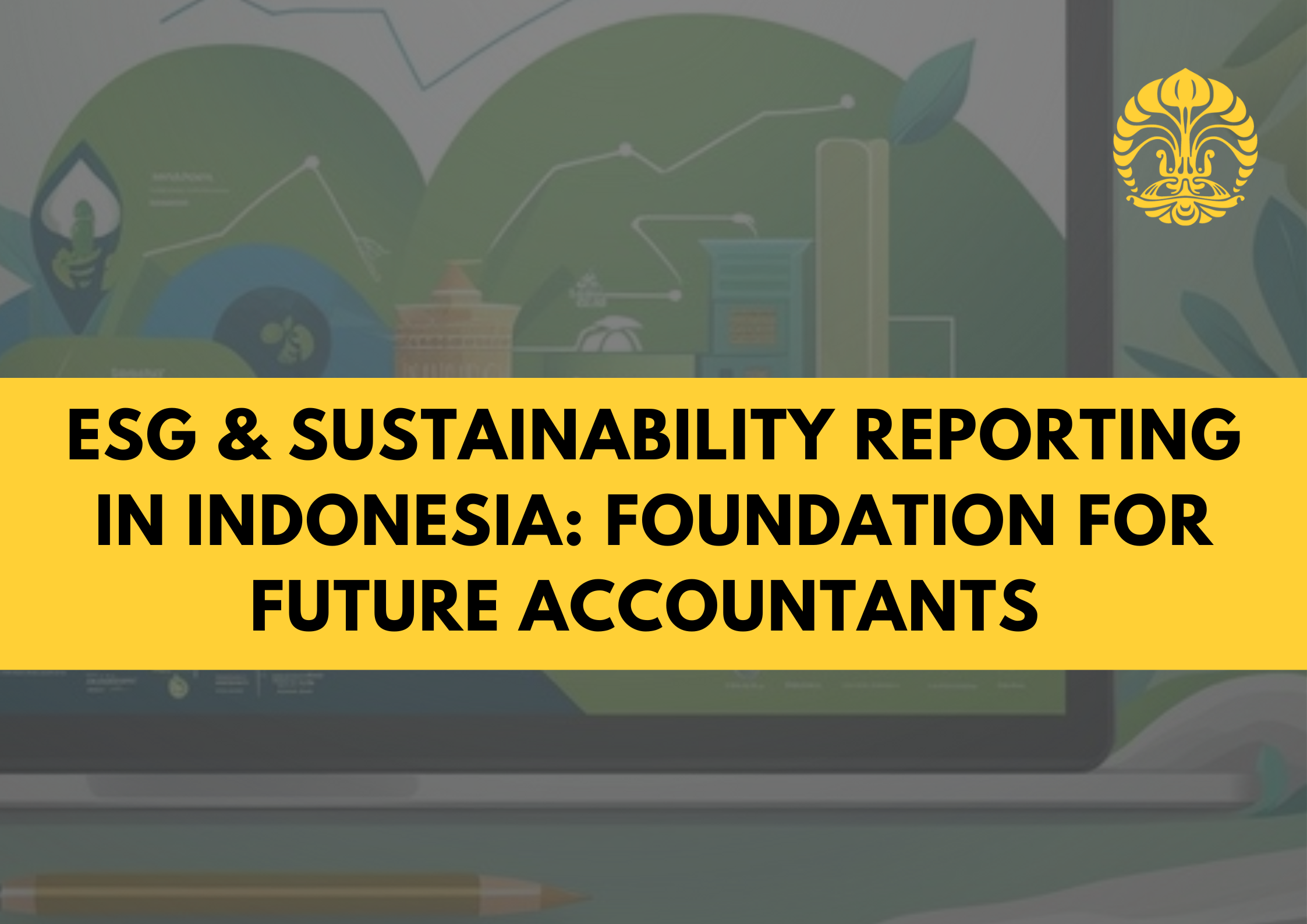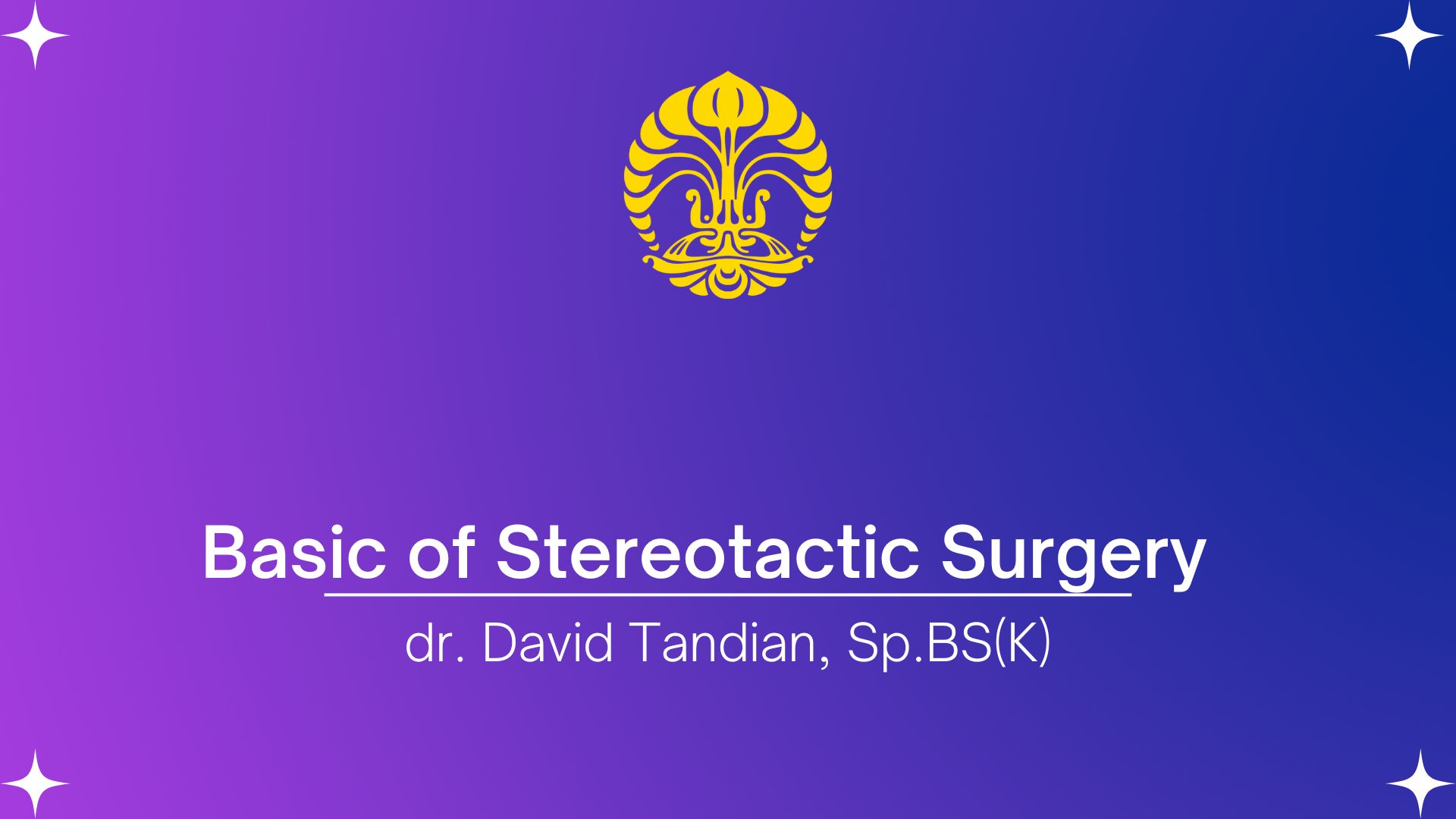
Arthaingan H. Mutiha is a lecturer in Accounting at the Vocational Education Program of Universitas Indonesia and a Chartered Accountant (CA). With over a decade of teaching experience, she emphasizes practical application, professional integrity, and global trends in corporate reporting. She also delivers online courses via MOOC platforms such as the ICE Institute.
Her research focuses on Sustainability Reporting and ESG (Environmental, Social, and Governance) disclosures, especially within Indonesia’s regulatory context and other emerging markets. She explores the evolving role of accountants in sustainable business practices and stakeholder engagement, with active contributions to academic forums and publications.
Arthaingan holds certifications from the CITI Program and ACCA (Data Analytics), reflecting her dedication to continuous learning and interdisciplinary expertise. Her long-term vision is to advance ESG literacy in Indonesia through research, education, and collaboration.
Course Description
This course introduces accounting students to the principles of sustainable development and Environmental, Social, and Governance (ESG) frameworks, with a focus on emerging markets and a special emphasis on the Indonesian context. Students will critically analyze sustainability disclosures, assess ESG-related risks and opportunities, and examine the integration of ESG factors into corporate financial strategies. Through structured learning activities, students will develop essential competencies required for future accountants in advancing sustainability initiatives within emerging economies.
The course is delivered in English and comprises five main learning topics. Self-directed learning is facilitated through instructional video resources accessible via an online learning platform. After engaging with each video module, students are required to complete a multiple-choice quiz designed to assess their comprehension of the respective topic. Access to quiz answer keys will be granted following the completion of each post-test, enabling students to review and reflect upon their understanding of the course material.
Learning Objectives
After completed the course the students can :
(1) Understand the principles of sustainable development and ESG (Environmental, Social, and Governance) practices, with a special focus on emerging markets, particularly Indonesia.
(2) Understand sustainability challenges, global and local ESG reporting standards, and the role of accountants in corporate sustainability.
(3) Understand ESG risk assessment, identification of business opportunities, and integration of ESG into financial and strategic decision-making. Through this course, students develop the competencies needed to interpret sustainability disclosures and support ESG initiatives.
(4) Understand future ESG trends and career opportunities in sustainable finance.
| Course Level | Intermediate |
| Sustainable Development Goals | SDG 4 (Quality Education) |
Participants Criteria
This course is intended for diploma and undergraduate students, particularly those specializing in accounting, finance, or related fields. It is also open to the general public who are interested in gaining foundational knowledge of sustainability reporting practices in Indonesia. The course is designed to accommodate learners seeking to understand the principles of sustainable development, ESG frameworks, and the application of sustainability disclosures within the context of emerging markets, with a particular emphasis on Indonesia.




